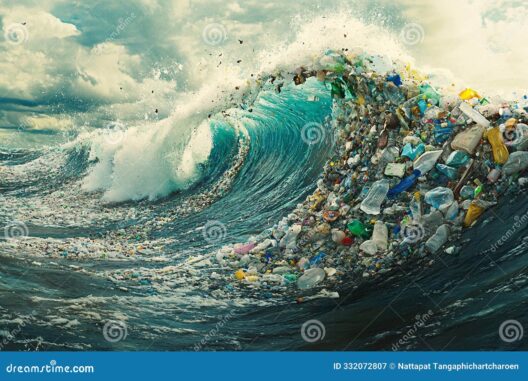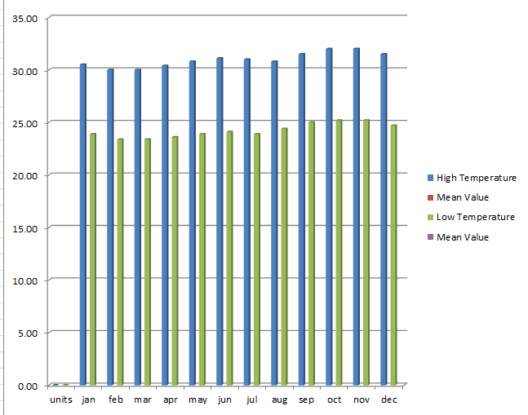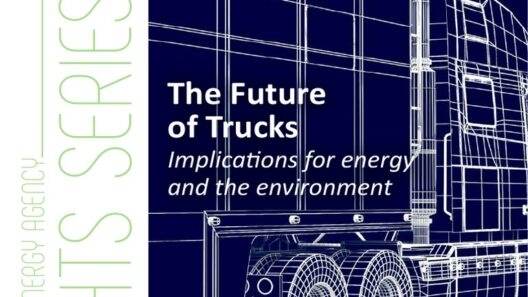In the modern age, where climate change and environmental degradation are pressing issues, the importance of energy conservation cannot be overstated. However, there exists a myriad of misconceptions regarding what constitutes energy conservation. Understanding these misconceptions is crucial for fostering a more informed society. This article elucidates what is not a form of energy conservation, clarifying common misunderstandings that could hinder effective environmental stewardship.
1. The Myth of Endless Energy Efficiency Upgrades
One of the most prevalent misconceptions is that merely implementing energy-efficient technologies equates to energy conservation. While enhancing energy efficiency—such as upgrading to LED lighting or installing Energy Star appliances—can significantly reduce energy consumption, it does not necessarily capture the essence of conservation. True energy conservation involves reducing overall energy demand. For instance, if a household upgrades to more efficient appliances but simultaneously increases usage, total energy consumption may not decrease. Thus, merely swapping one technology for another does not suffice; a behavioral change towards less energy use is vital.
2. Renewable Energy: A Panacea Misunderstanding
Many people harbor the belief that utilizing renewable energy sources, such as solar or wind power, automatically means energy conservation. While these sources contribute to reducing reliance on fossil fuels, simply adopting renewable technologies does not imply a decrease in overall energy consumption. If individuals generate more energy through solar panels than they need, they might feel justified in increasing their energy use, paradoxically leading to higher consumption levels. Emphasizing not just renewable energy adoption but also prudent consumption habits is essential for true energy conservation.
3. Automation Equals Conservation
The emergence of smart home technologies has led to another misconception: that increased automation in energy management equates to conservation. Smart thermostats and automated lighting systems can enhance efficiency, but they do not guarantee a decrease in energy use. For example, if users leave lights on longer due to the convenience of automation, they may inadvertently increase energy consumption. The onus remains on individuals to use technology wisely rather than allowing automation alone to dictate energy use.
4. Energy Conservation Vs. Energy Recycling
A common misconception exists around the idea of recycling energy, which some equate with conserving energy. Although recycling materials—like plastic or metal—reduces energy expenditure in the manufacturing process, it differs fundamentally from energy conservation itself. Energy conservation focuses on lowering overall energy demand, while recycling aims to mitigate waste and reclaim resources. Thus, while both concepts are environmentally beneficial, one does not substitute for the other in the quest for sustainability.
5. Size Matters: The Fallacy of Energy-Saving Light Bulbs
Another widespread myth involves the notion that small changes, like switching light bulbs, are sufficient for energy conservation. While switching to compact fluorescent lamps (CFL) or LEDs significantly reduces energy use compared to incandescent bulbs, the misconception arises when individuals believe that such minor adjustments will solve larger energy consumption issues. The scope of energy conservation necessitates holistic changes in lifestyle and consumption habits, rather than relying solely on incremental changes.
6. Misconceptions about Off-Peak Usage
Some think that it is acceptable to consume energy heavily during off-peak hours, as this practice is often encouraged by utility companies offering lower rates. However, using energy indiscriminately at any time contradicts the principles of energy conservation. The essence of conservation lies in using less energy overall, irrespective of the time of day. Over-reliance on off-peak rates can lead to complacency in how individuals manage their overall energy consumption.
7. Believing That Energy Audits Are Sufficient
Energy audits represent a valuable tool for identifying energy-saving opportunities. However, there is a misconception that simply conducting an audit guarantees a reduction in energy use. Beyond the audit, proactive measures must be taken to implement the recommendations. If homeowners receive an audit but fail to take actionable steps, their energy consumption will remain unchanged. Hence, awareness and commitment are equally vital in pursuing energy conservation.
8. Social Norms and the Diminishing Returns of Conservation
Societal standards can also create misconceptions around energy conservation. Many individuals mistakenly believe that participating in group initiatives, such as community clean-up efforts, directly contributes to energy conservation. While such initiatives are commendable, they may not relate directly to energy savings unless explicitly focused on energy issues. This dilution of focus can lead to reduced efficacy in achieving energy conservation goals. Individual actions, grounded in personal accountability toward energy use, are necessary for genuine progress.
9. Education: A Double-Edged Sword
While education plays a pivotal role in fostering awareness about energy conservation, there remains a misconception that knowledge alone is sufficient for change. Mere acquisition of knowledge does not guarantee that individuals will alter their behaviors or consumption patterns. Education must be accompanied by practical guidance, community engagement, and individual commitment to effect real change. Without translating knowledge into action, well-informed individuals may still fail to engage in genuine conservation practices.
In conclusion, as society navigates the complexities of energy usage in the face of pressing environmental challenges, it is vital to dispel the misconceptions regarding energy conservation. Individuals, communities, and organizations must strive to understand that true conservation involves a collective shift in mindset and behavior, transcending the confines of technological advancements and socioeconomic conveniences. By fostering a deeper comprehension of what is not energy conservation, we can more effectively move towards a sustainable future.







